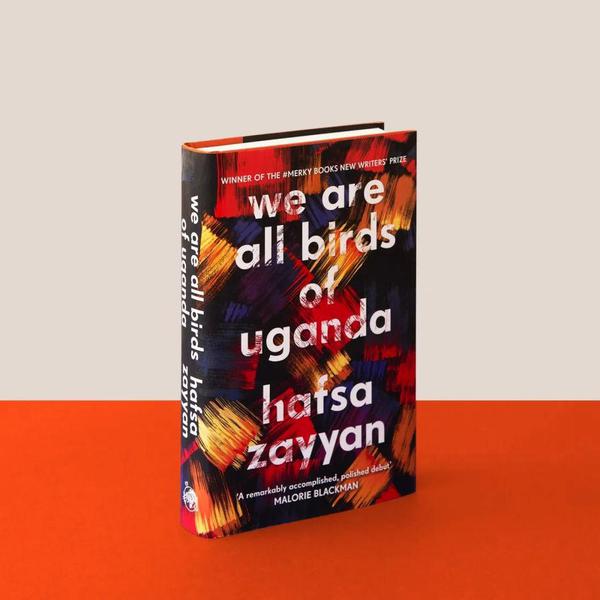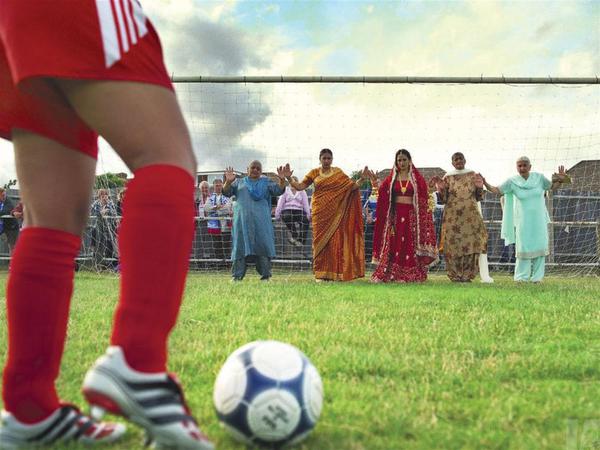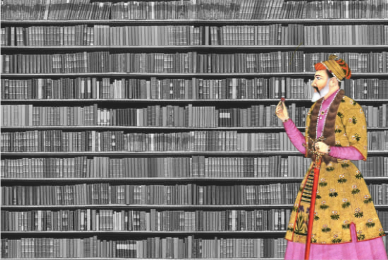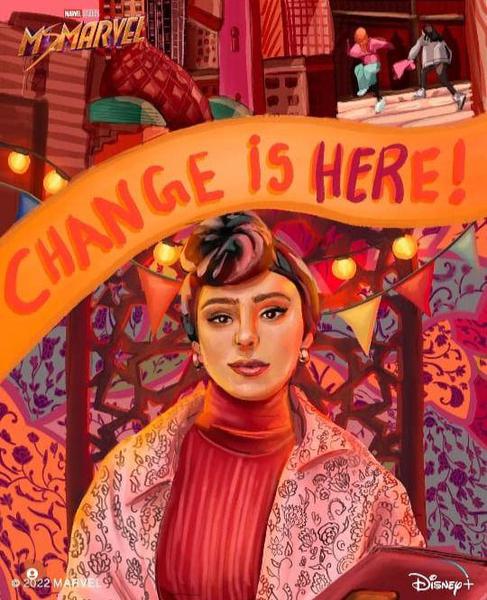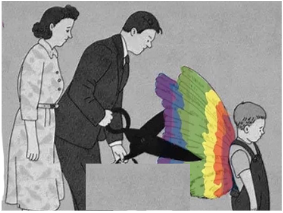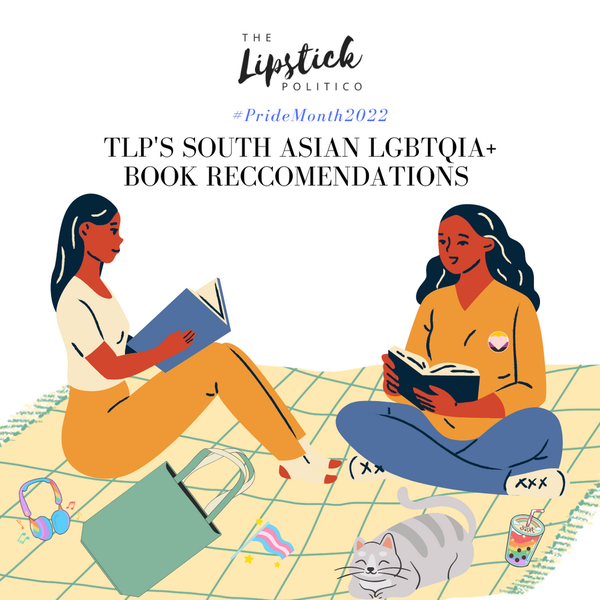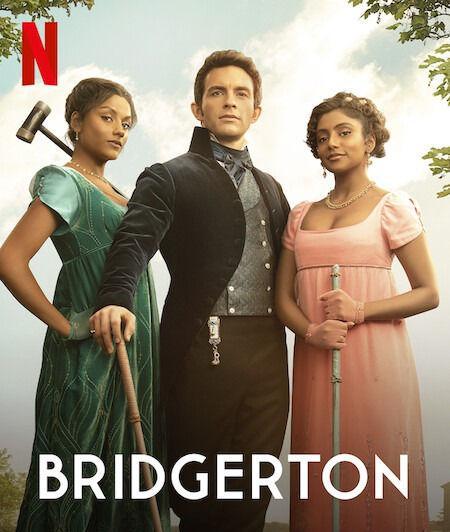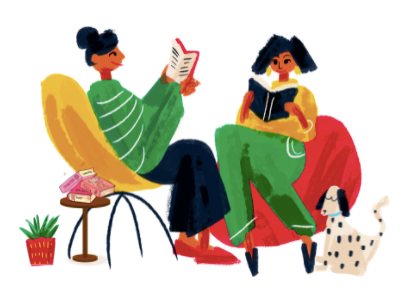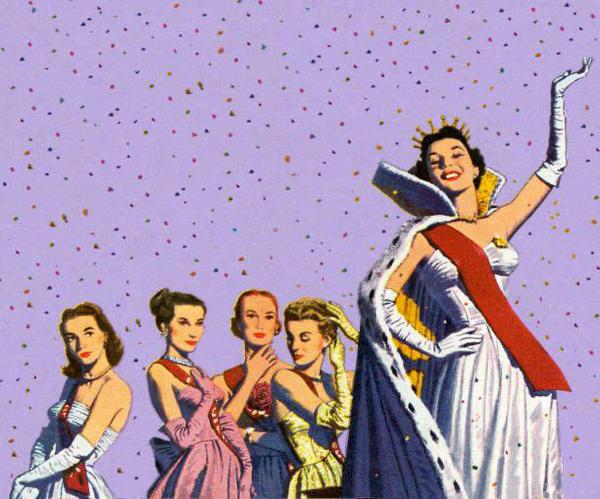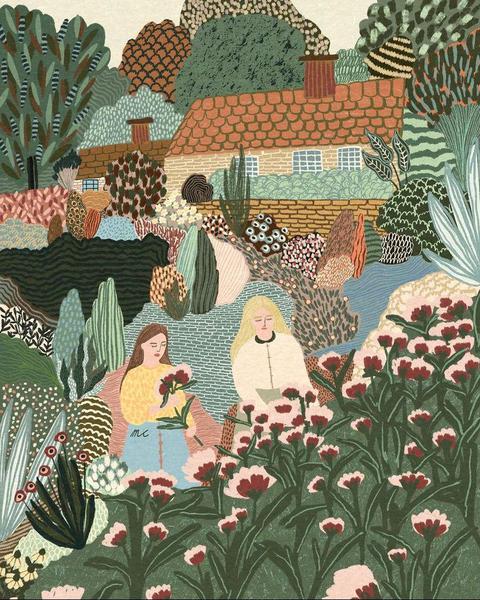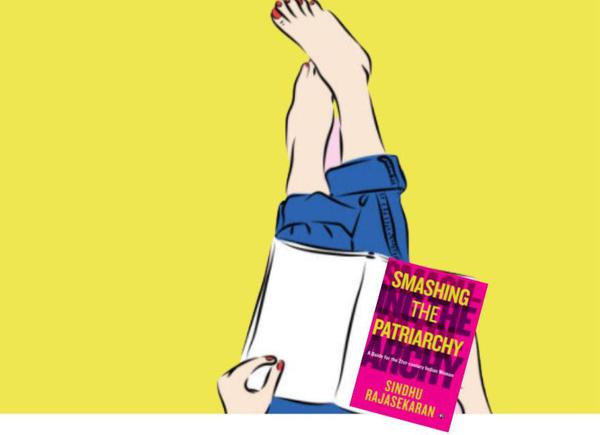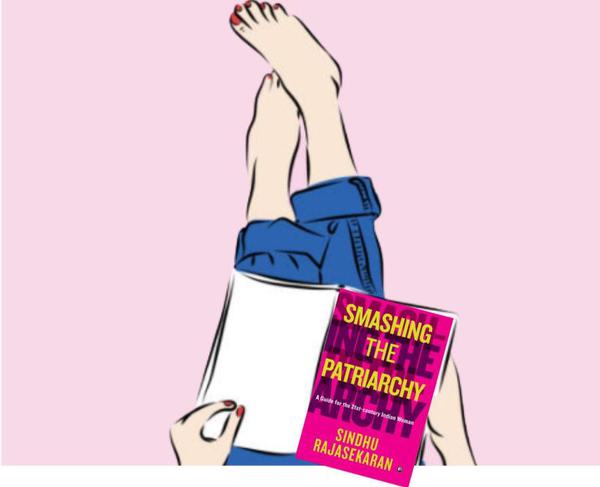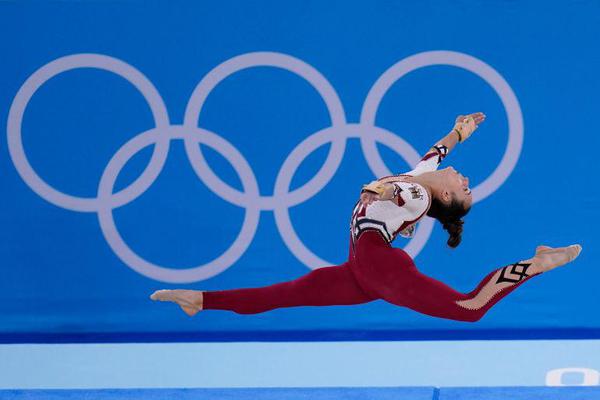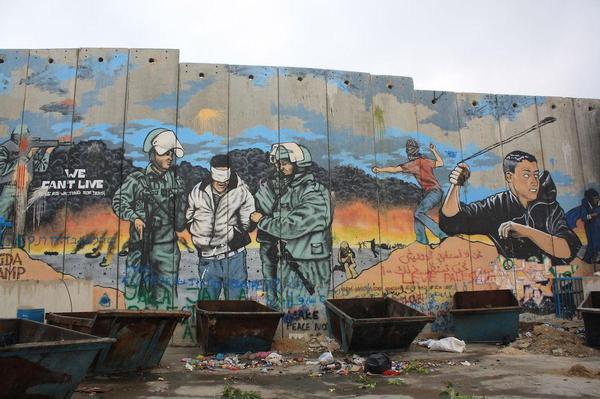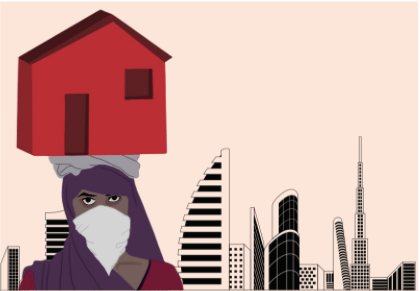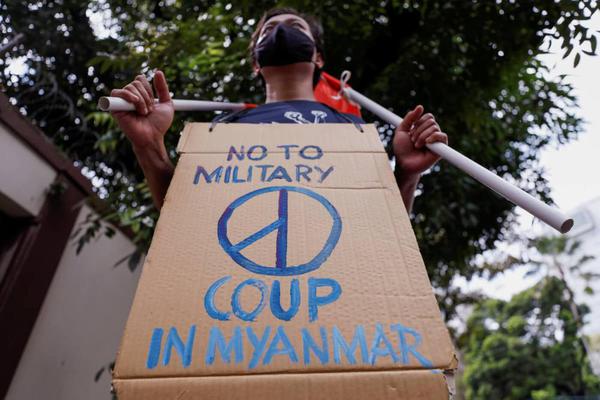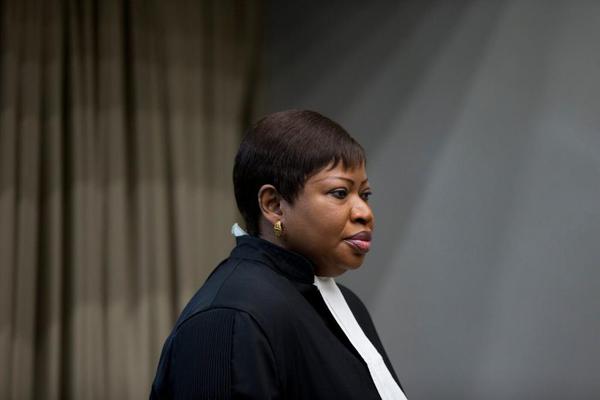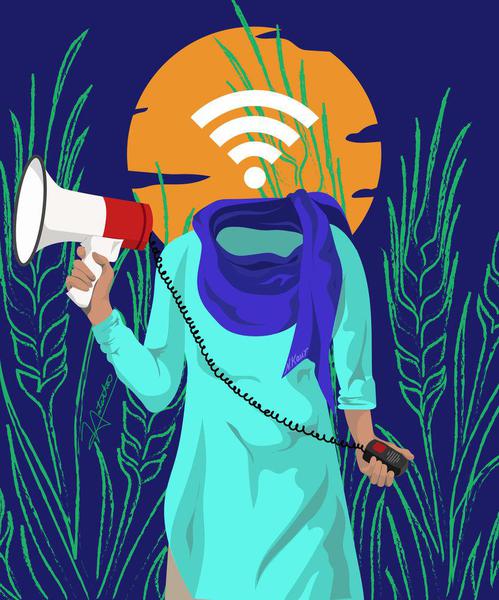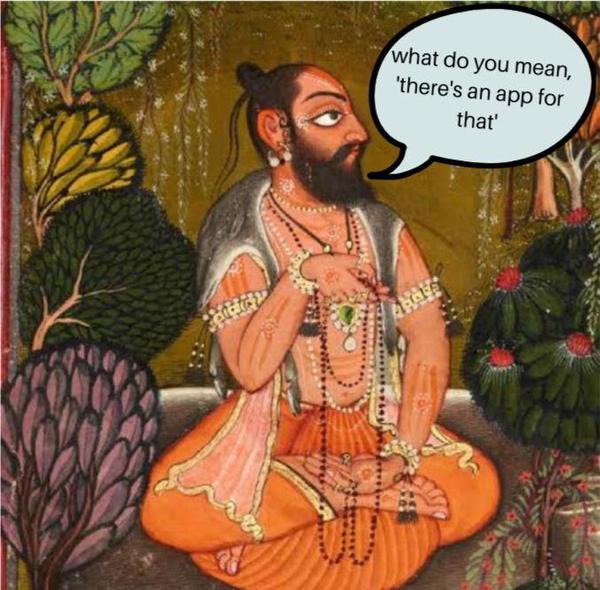The Lipstick Politico
•
13th August 2021
A Gold Medal In Misogyny: Gender-Based Discrimination in the Olympics and Beyond
Throughout the events, and in some cases before they had even begun, female athletes were being criticised, penalised or restricted for something. This ranged from social media users criticising An San, South Korean triple gold-medalist archer for her haircut, to banning Namibia's Christine Mboma and Beatrice Masilingi from competing in the 400 metres race because they were apparently “not eligible for female classification”. These are just two examples out of many, as they were by no means the only female athletes who had their bodies scrutinised and policed. And it’s ironic too, because this Olympics was hailed as the first ever “gender equal” as 49% of the participants were female, yet the treatment of them was anything but that. It also prompts us to think about how such gender-based discrimination within the Olympics is essentially a microcosm of the issues faced outside of it, and how sporting arenas are just another place in the infinite sites where this can take place.
